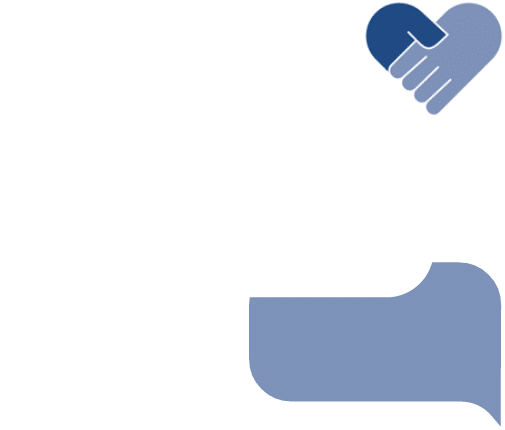Intervention Services for Families of loved ones with Alcoholism, Drug Addiction, and Mental Health Disorders in Colorado and Nationwide
Our Interventionists provide in-person Interventions in Colorado, and our aftercare team guides your family through our S.A.F.E.® (Self Awareness Family Education™) Intervention and Family Recovery Coaching Program from the comfort of your home.
Regardless of where your family and your loved one are, your loved one’s addiction and mental health challenges are real, as are your struggles with watching them self-destruct. Some areas of the country are affected differently. In Colorado, the most significant spike we have seen in mental health and addiction cases is from marijuana. Since marijuana became legal in Colorado and other states, we have seen a surge in drug-induced psychosis as a result of the potency of the marijuana that is sold legally in Colorado at the state level. In addition to marijuana, we have seen increased mental health, methamphetamine & fentanyl addiction, and alcoholic cases since 2020. Regardless of the mental health diagnosis or the drug of choice, the goal is to help families help their loved ones effectively.
Our Colorado and Nationwide addiction and mental health intervention services help families build a strong foundation of knowledge and recovery resources to support themselves and their loved ones more effectively. Family First Intervention consists of several internal office staff, intervention coordinators, intervention counselors, family recovery coaches, and addiction recovery coaches. What makes us different is our ability to help the family and their loved one in Colorado or anywhere else they may be without fear of not being able to get a hold of someone. Most interventionists are good with good intentions. Where they cannot help is the workforce to assist families when they need the most help after the intervention.
Meet Our Experienced Intervention Counselors

Mike Loverde, MHS, CIP
Clinical Director & Founder, Family First Intervention



Lisa Loverde, CADC
CFO & Compliance Officer
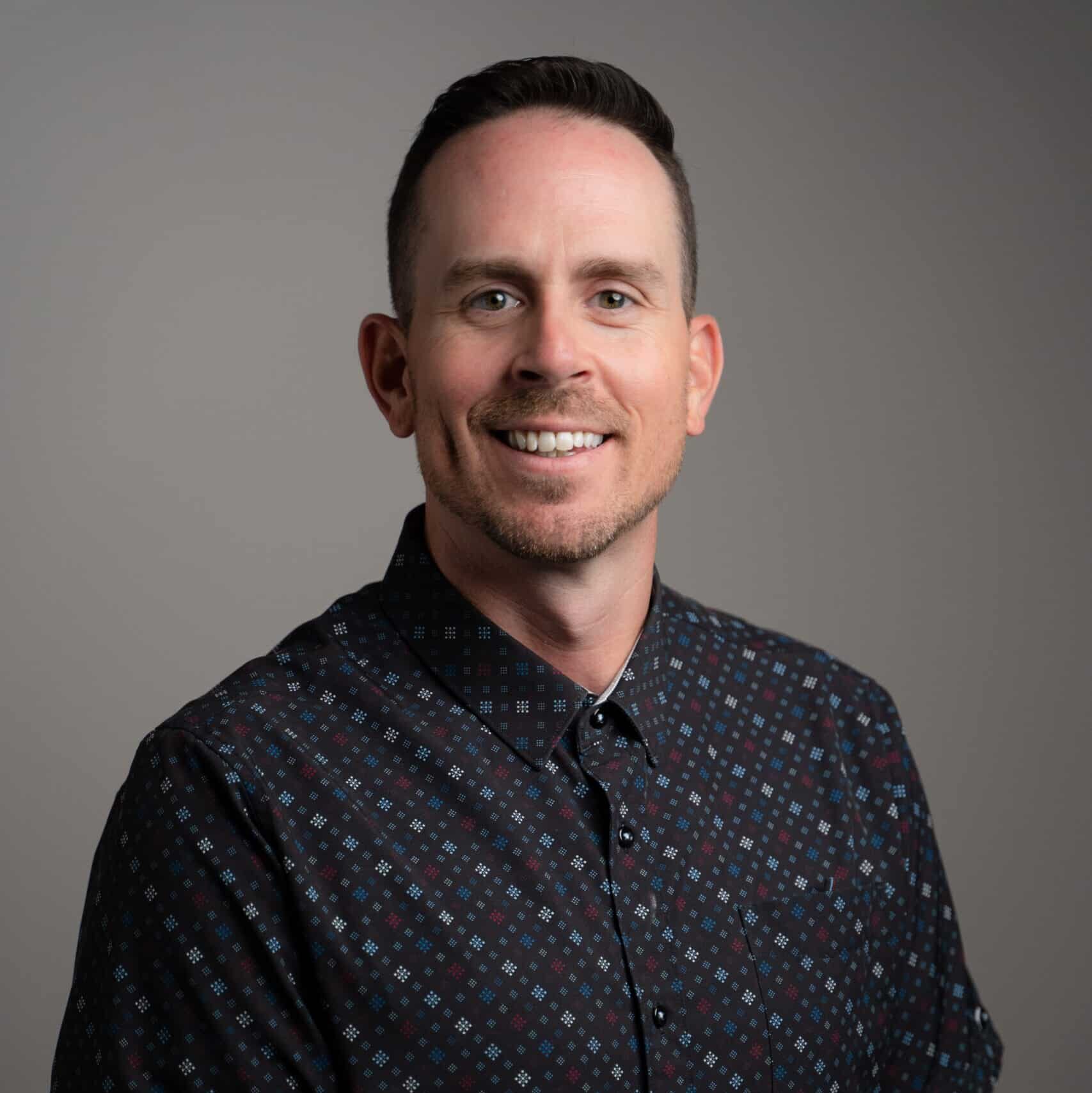


Adam Faulkner
CEO
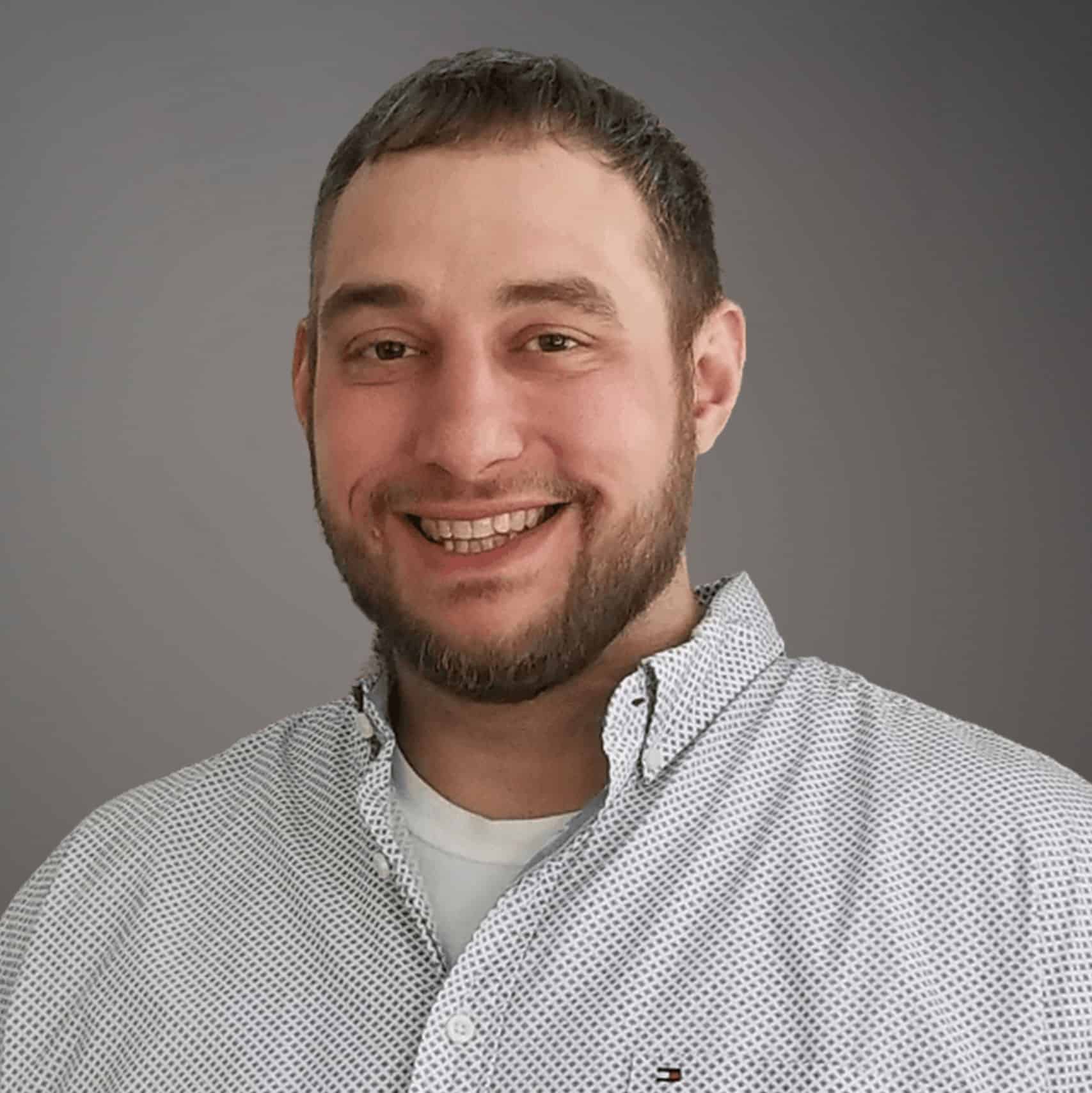


Jeff Lukas
COO



Amy Cooper, CAC, IC&RC-ADC, NCRC
Director of Interventionists & Mandated Reporter Specialist
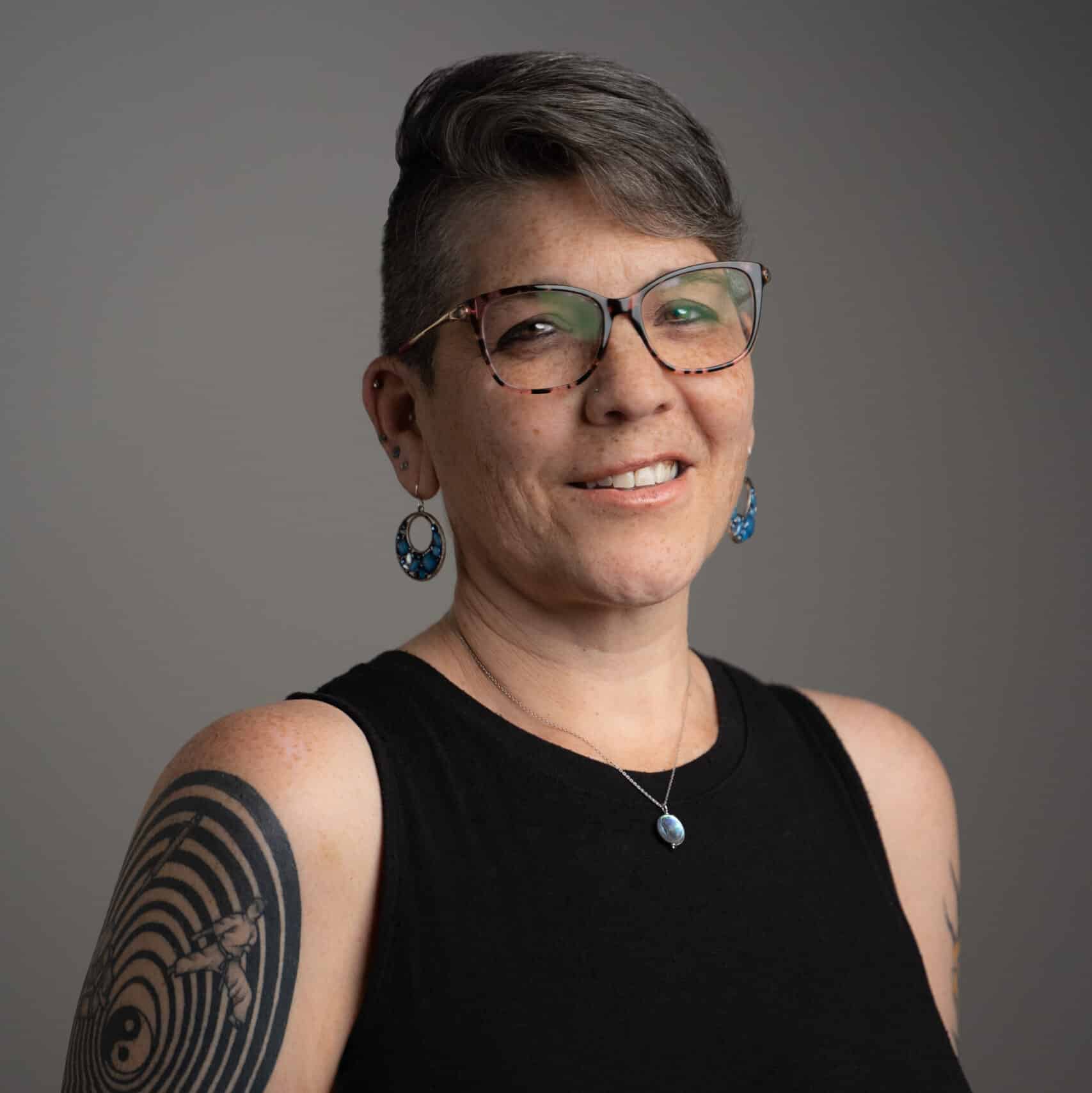


Regina Greene, MS, NLP
Director of S.A.F.E.® Family Recovery



Lydia Negron
S.A.F.E.® Family Recovery & Post Intervention Support



Chip Winfrey
Intervention Coordinator
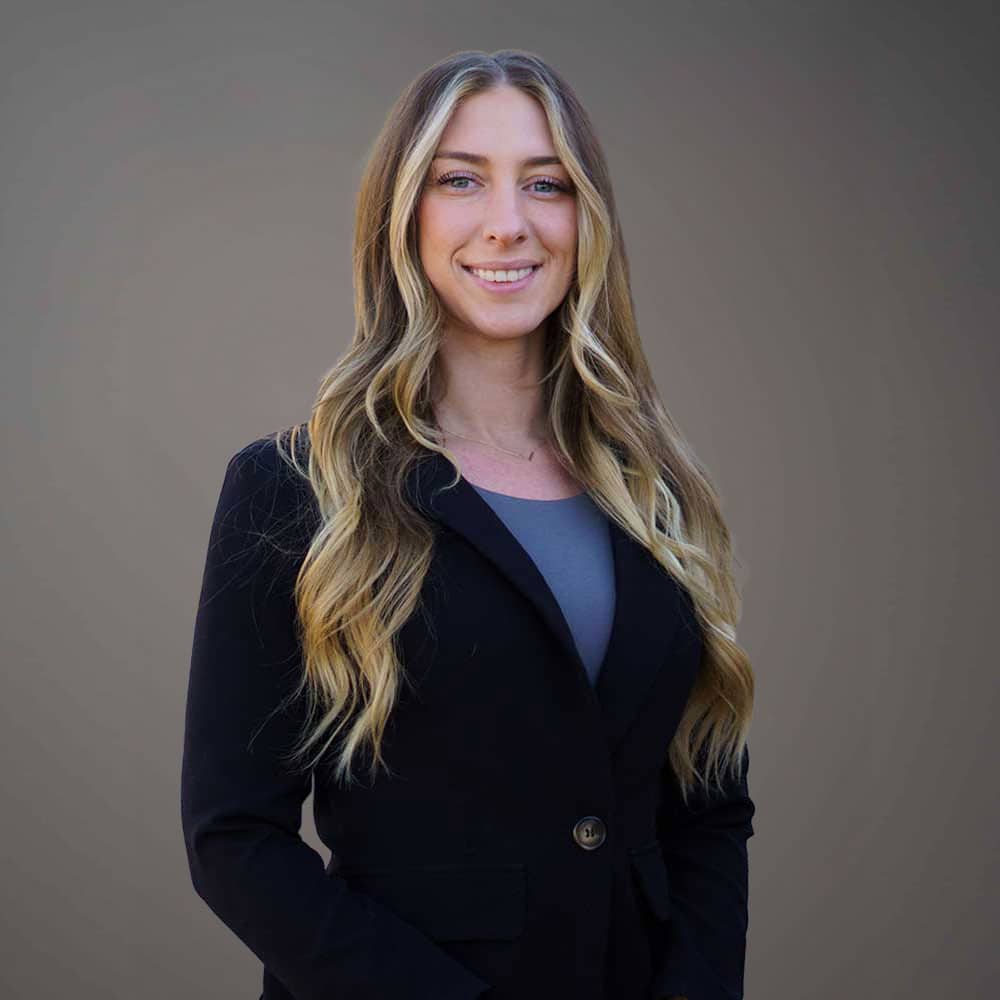


Alaina Fountain
Intervention Coordinator



Zacharie Petty
Intervention Coordinator



Megan Torrez
Intervention Coordinator



Makayla Zubal
Administrative Assistant
An intervention is not about how to control your loved one with a substance use or mental health disorder; it is about learning how to let go of believing you can.
What makes our S.A.F.E.® Intervention & Family Recovery Coaching Program Different
Not all intervention companies are created equal. Some interventionists only focus on just getting your loved one into treatment. Other interventionists concentrate on services such as sober companions, escorts, and transports. At Family First Intervention, we do one thing and do it well; help families help their loved ones. Most clinicians do not learn much or incorporate family systems in their higher education programs. When they do, they certainly do not address the impact of the family system on the outcome of the loved one with a mental health disorder, alcohol or drug addiction. When interventionists only focus on the loved one getting help, they miss the opportunity for the whole family to heal and for the family to have closure. The best gift a family can give themselves is knowing they did all they could to stop it.
To think or believe that the intended patient going to treatment will solve all the problems is to think or feel the family has not gone through severe trauma themselves. Whether the intervention is in Colorado or elsewhere in the United States, families face similar struggles, most after the intervention. Setting up the intervention can be difficult, and the intervention itself can be stressful. At no time is the intervention more time consuming than after the in-person intervention. What happens after is what the problem has been the whole time. The addict, alcoholic, or loved one with a mental disorder has turned the family inside out and sucked all the energy and focus toward themselves. After the intervention, this energy and focus shifts to the family, which is uncomfortable. Without a professional interventionist in Colorado or anywhere else you may need us, your just going through the motions of false hope that your loved one will make it this time at the next treatment center. Unless your family enters recovery, there is little hope for your loved ones’ recovery.
Colorado Intervention, Addiction & Mental Health Resources
Families in Colorado have options for intervention, addiction treatment, and mental health resources. Before you make a decision, please remember the importance of your family’s recovery. Most families have watched their loved one go through multiple treatment centers or agencies. The same families have only done that, watching them while hoping and praying this one sticks. Rarely do families mention that while their loved one was struggling, they addressed their struggles of dysfunctional family roles, codependency, and enabling. Through our S.A.F.E.® Intervention and Family Recovery Coaching Program, we can help families identify their behaviors and how they may contribute to the problem. No family contributes to the problem knowingly or voluntarily. Families often do not see the manipulations slowly over time that allow their loved one with addiction or mental health concerns to take the family hostage. What happens next is the main area of our focus and expertise. To undo everything the loved one has taught you and to help families help themselves to help their loved ones effectively.
“The most formidable challenge we professionals face is families not accepting our suggested solutions. Rather, they only hear us challenging theirs. Interventions are as much about families letting go of old ideas as they are about being open to new ones. Before a family can do something about the problem, they must stop allowing the problem to persist. These same thoughts and principles apply to your loved one in need of help.”
Mike Loverde, MHS, CIP


